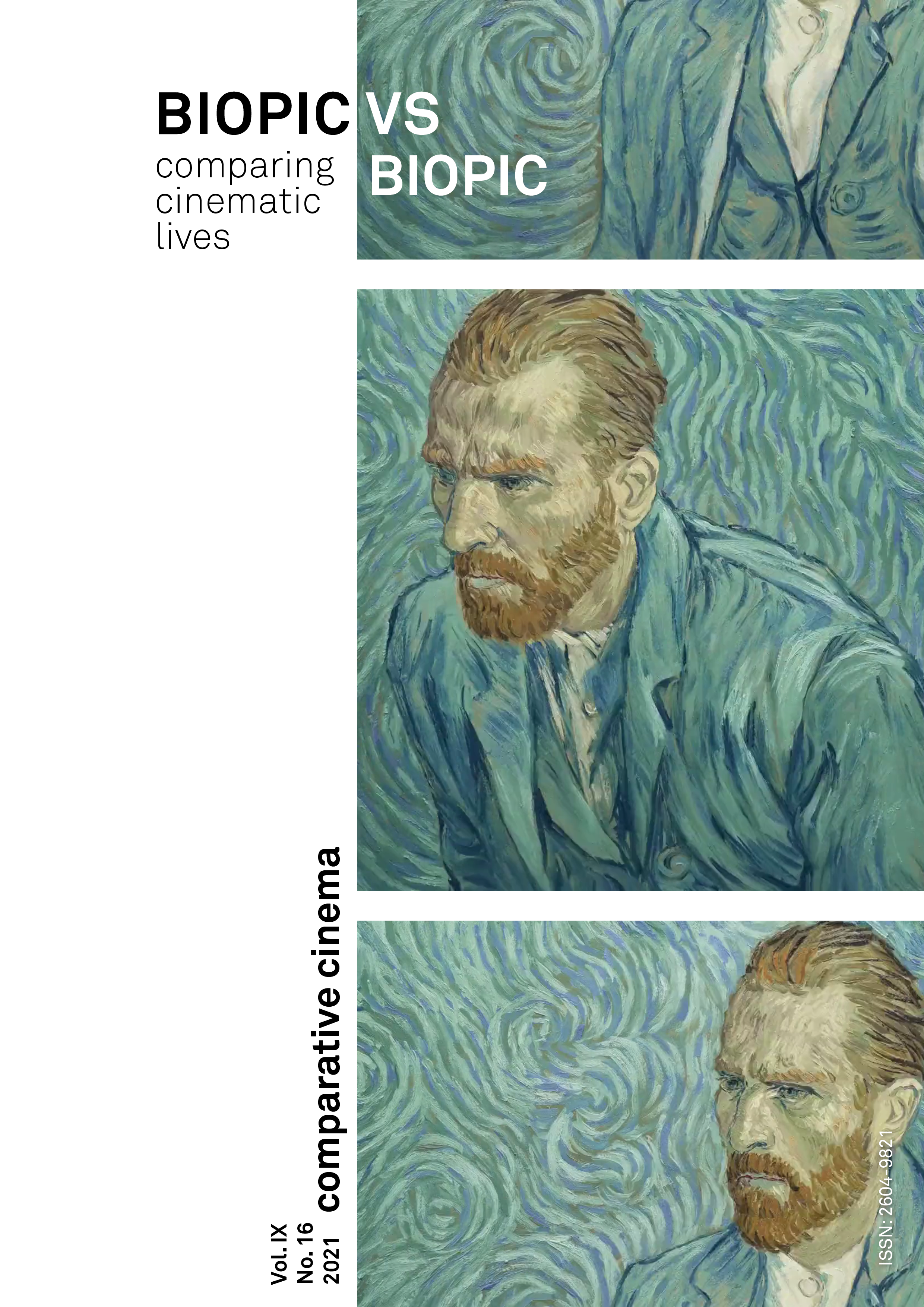Abstract
As virtual sites of public memorialization, historical biopics play an important part in shaping our view of the past. The genre employs a range of formal and narrative strategies in order to create persuasive narratives about historical characters and events. However, nation-specific socio-cultural and industrial conditions frequently determine whose lives are deserving of biographical treatment and how their stories are told. The following comparative analysis of two recent historical biopics, Clara Campoamor, The Forgotten Woman (Clara Campoamor, la mujer olvidada, Laura Mañá, 2011) and While at War (Mientras dure la guerra, Alejandro Amenábar, 2019), foregrounds some of these nation-specific circumstances in the Spanish context. It then proposes that these two works employ innovative strategies that signal possible new avenues for the historical biopic in Spain. In the case of Clara Campoamor, Mañá suggests alternative ways of representing historical female figures in the public arena, whilst in his film Amenábar mobilizes the conventions of the Hollywood biopic to aid transnational readability.
Keywords
Rights

This work is licensed under a Creative Commons Attribution-NonCommercial-ShareAlike 4.0 International License.
(c) Comparative Cinema, 2021



